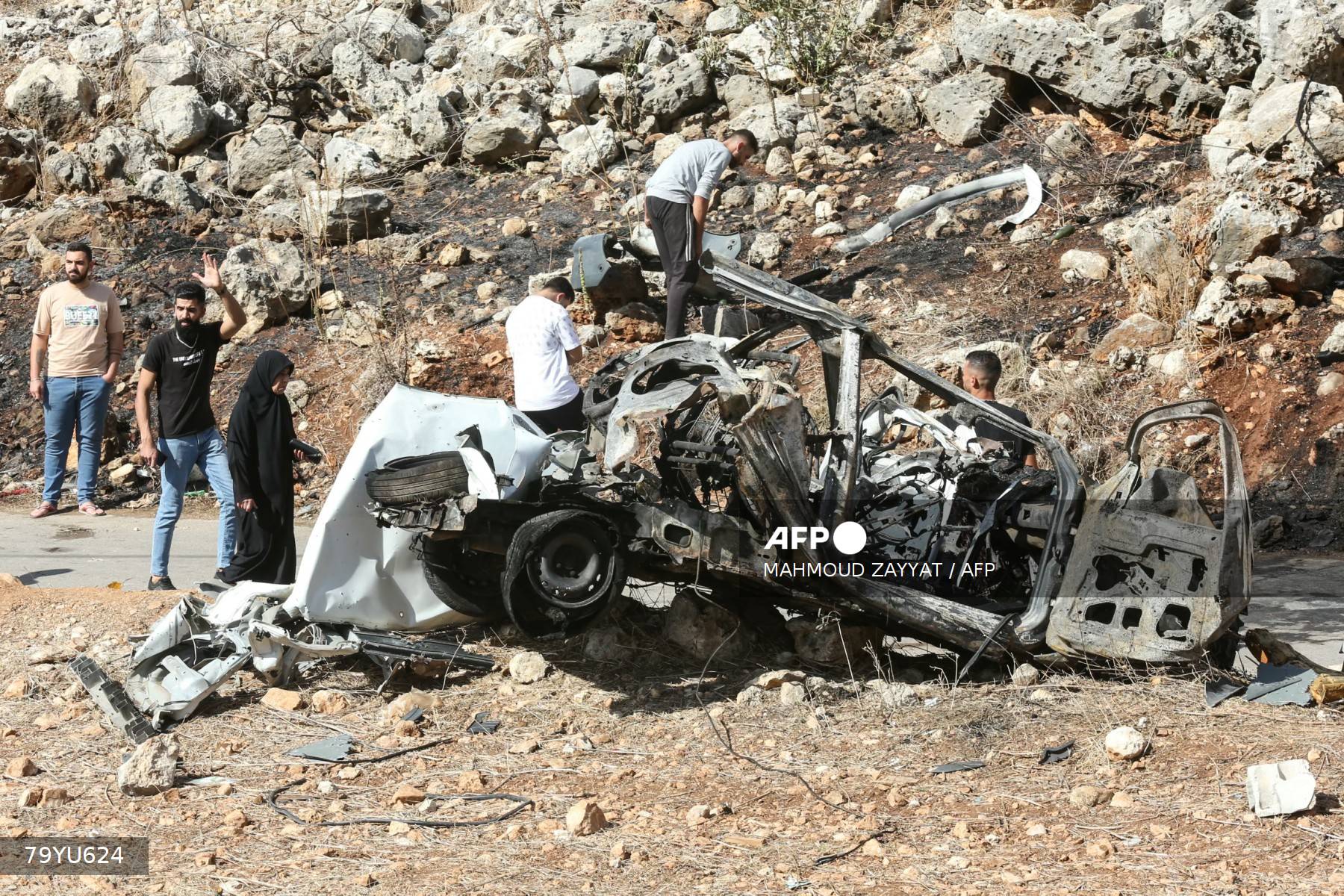Israeli troops killed a Lebanese municipal worker on Thursday during a raid on a border village in the south, state media reported.
Despite a November 2024 ceasefire with the Lebanese militant group Hezbollah, Israel maintains troops in five areas in southern Lebanon and has continued regular air strikes, which have recently intensified.
“In a grave and unprecedented attack, an Israeli enemy force penetrated the village of Blida at nearly 1:30 a.m. (1130 GMT), more than one kilometre (0.6 miles) from the border, supported by a number of vehicles,” Lebanon’s official National News Agency (NNA) reported.
“The force stormed the Blida municipality building, where employee Ibrahim Salameh was sleeping, and enemy soldiers proceeded to kill him,” it added.
Village residents cited by the NNA said the raid lasted several hours, and that Israeli forces withdrew at dawn.
In the nearby border village of Adaisseh, the NNA reported that Israeli forces blew up a hall used for religious ceremonies at dawn.
In recent days, Israel has stepped up its strikes on Lebanon, often claiming to target Hezbollah positions.
On Tuesday, the spokesman for the UN rights commission, Jeremy Laurence, said Israeli forces had killed 111 civilians in Lebanon since the ceasefire took effect.
Hezbollah was badly weakened during more than a year of conflict with Israel, and the United States has intensified pressure on Lebanese authorities to disarm the Iran-backed group.
On Wednesday, during a meeting of ceasefire monitors in the Lebanese border city of Naqoura, US envoy Morgan Ortagus said Washington welcomed the “decision to bring all weapons under state control by the end of the year.”
“The Lebanese army must now fully implement its plan,” she added.
punch.ng
FOLLOW US ON:































